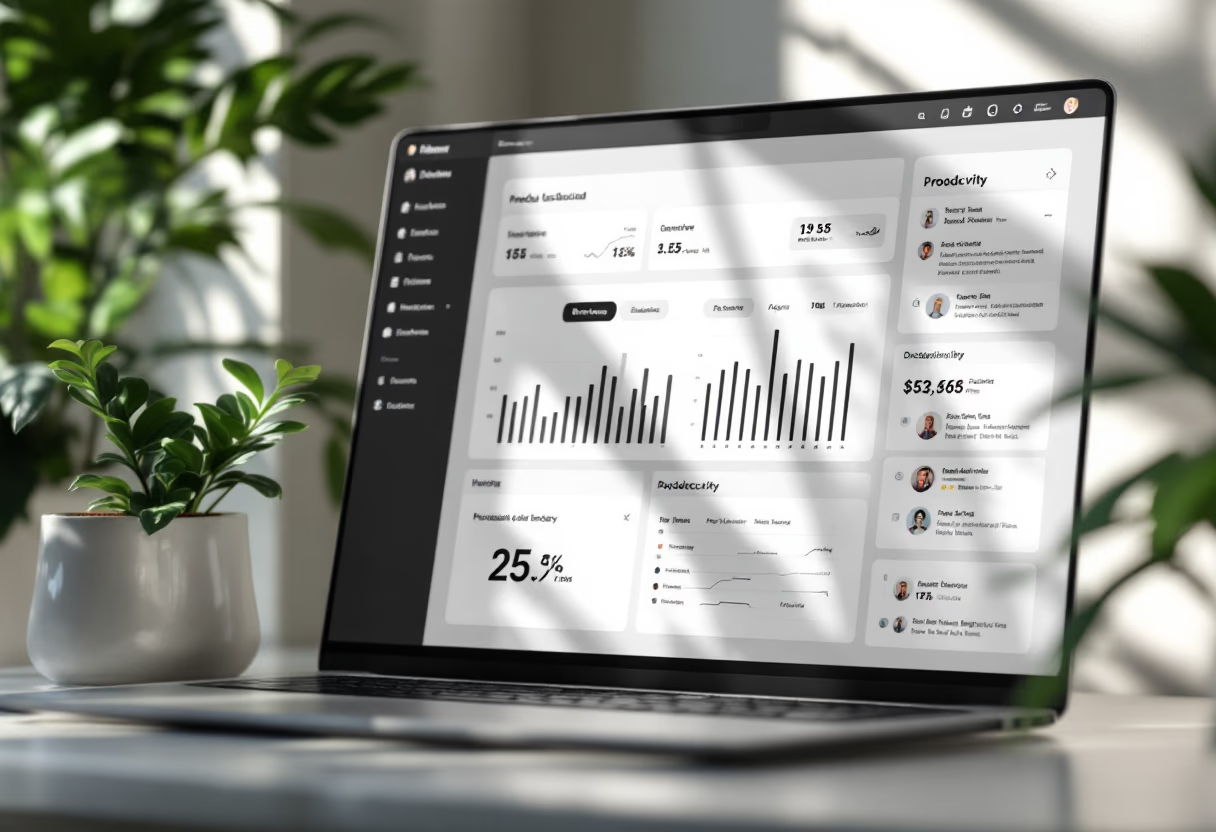Not everyone recovers on the same timeline
Most people recover from a concussion within a few weeks.
But for some — symptoms linger.
Headaches, dizziness, fatigue, difficulty concentrating… Instead of fading, they stay — sometimes for months or even years. This is called Persistent Post-Concussion Symptoms (PPCS).
What is PPCS?
PPCS stands for Persistent Post-Concussion Symptoms — meaning symptoms that haven’t gone away as expected after a concussion.
In research, PPCS is often defined as symptoms lasting more than 4 weeks, while in clinical practice it’s typically used when symptoms persist for more than 3 months.
The older term “Post-Concussion Syndrome” (PCS) is now used less frequently. That’s because the word “syndrome” suggests a fixed or uniform condition — which doesn’t reflect reality. The symptoms of concussion vary widely between individuals, and many of them can also occur with other conditions.
That’s why health professionals now focus more on the individual symptoms and their underlying causes — rather than treating it as a single diagnosis. This is not one single illness. It’s a cluster of symptoms that may need different kinds of support and treatment.
The persistent symptoms are often similar to those experienced shortly after the injury:
- Headache
- Dizziness
- Fatigue
- Trouble with memory or concentration
- Sleep difficulties
- Sensitivity to light or sound
- Mood swings, anxiety, or depression
Research suggests that between 15% and 30% of people experience persistent symptoms after a concussion — and in some groups, the number may be even higher.
Why do symptoms linger?
It’s rarely one single cause.
Instead, PPCS often results from a combination of overlapping factors, such as:
Ongoing physiological issues
- Low-grade neuroinflammation
- Problems with balance or vision (vestibular or visual dysfunction)
- Autonomic nervous system dysregulation
- Chronic sleep problems
- Disruption of blood flow regulation in the brain
Pre-existing conditions
People with a history of migraine, anxiety, depression, learning challenges, or previous concussions may be more at risk.
Psychological responses
Stress, fear of re-injury, or hyperfocus on symptoms can prolong recovery.
Avoiding activity or becoming overwhelmed by uncertainty can slow things down.
Life context
A lack of support, school or work stress, or struggles returning to daily activities can also impact healing.
The good news: It’s treatable
PPCS is not permanent — and it’s not one single condition.
It’s a set of symptoms with different underlying causes. A gradual recovery plan has been proven to be effective for most concussion symptoms, Heads can help you plan the right amount of activity and rest.
But for symptoms where increased exposure is not enough it depends on figuring out what’s driving your symptoms — and treating each part.
The path forward: a targeted, team-based approach
For those where symptoms linger after gradual return to activity effective care often involves a team of professionals working together, including doctors, physiotherapists, psychologists, and other specialists.
This approach usually includes:
Thorough assessment
To understand all factors at play — from physical systems to emotional and lifestyle context.
Targeted therapies
- Vestibular therapy for dizziness
- Physiotherapy or chiropractic care for neck pain or headaches
- Vision therapy for focus or balance issues
- Gradually increasing exercise to rebuild tolerance
Symptom-specific care
- Headache management (avoiding medication overuse)
- Sleep strategies and routines
- Cognitive tools (reminders, pacing, structure)
Mental health support
Psychotherapy (like CBT) and/or medication can help manage anxiety, low mood or emotional strain from a prolonged recovery.
Education and reassurance
Understanding what’s happening can reduce fear — and help you take an active role in recovery.
A shift in mindset: from mystery to manageable
We’re moving away from calling it "Post-Concussion Syndrome" — a vague and often unhelpful label — and toward a treatable traits approach.
That means:
- Seeing persistent symptoms not as one problem, but as a cluster of identifiable issues
- Tackling each issue directly — whether it’s balance, sleep, stress, or inflammation
- Recognizing that your recovery is personal, but still very possible
How Heads can help
The Heads app gives you structure and tools to move forward — no matter where you are in your journey.
- Log symptoms and track patterns
- Get a daily plan with rest/activity pacing
- Listen to audio guides when focus is limited
- Share insights with family, school, or work
- Adjust your recovery approach step-by-step
With clarity and guidance, persistent symptoms don’t have to be permanent.
Final encouragement
If your symptoms have lasted longer than expected, you’re not alone — and you’re not stuck.
With the right support and a plan tailored to your needs, it is possible to feel better, regain control, and recover at your own pace.
References
- Silverberg ND, Iverson GL. Is rest after concussion “the best medicine?”: recommendations for activity resumption following concussion in athletes, civilians, and military service members. J Head Trauma Rehabil. 2013;28(4):250–259.
- Langer L, Levy C, Bayley M. Increasing incidence of concussion: true epidemic or better recognition? J Head Trauma Rehabil. 2020;35(1):E60–E66.
- Zemek R, et al. Clinical risk score for persistent postconcussion symptoms among children with acute concussion in the ED. JAMA. 2016;315(10):1014–1025.
- Ellis MJ, Leddy J, Willer B. Multi-disciplinary management of athletes with post-concussion syndrome: an evolving pathophysiological approach. Front Neurol. 2016;7:136.
- Kontos AP, et al. Systematic review of multifactorial treatments for persistent postconcussion symptoms. J Head Trauma Rehabil. 2020;35(2):E97–E114.
- Institute of Medicine and National Research Council. Sports-Related Concussions in Youth: Improving the Science, Changing the Culture. Washington, DC: The National Academies Press; 2014.













